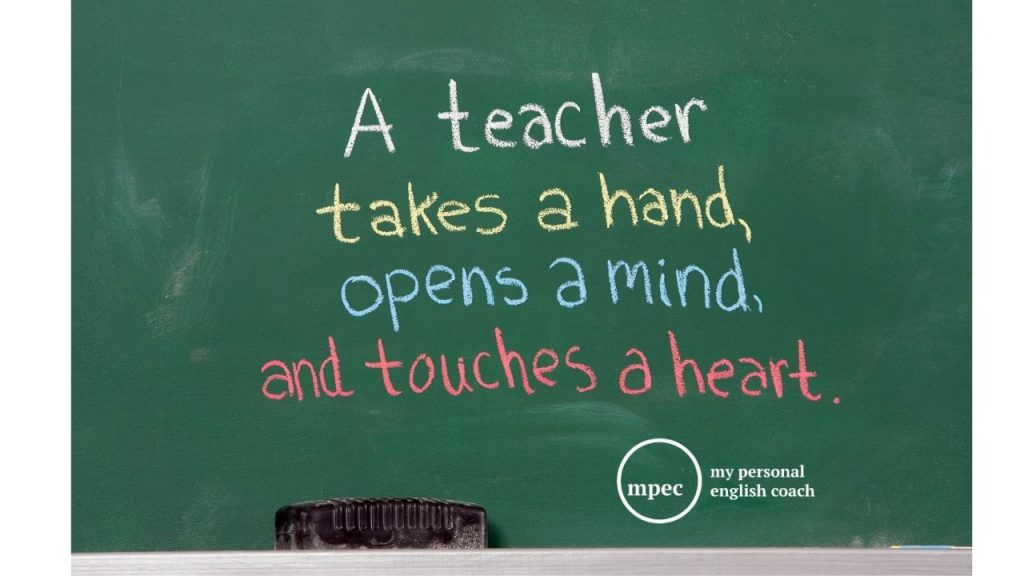Table of Contents
ToggleYou frequently ask us about Language Engagement - the neuroscience-based method designed and created by MPEC. In this article, Suzanne Pilch MA, ACC, describes three of the main neuroscience theories this method has been inspired by.
Language Engagement Scientific Principle Number 1: Confidence is key to speaking a second language. In order to gain confidence, we need to see that language as our own, we need a story that will help us embrace the internal narrative of our own multilingual self.
Scientific Claim by D. Kahneman is that human judgement is noisy – full of unwanted discrepancies and errors of judgement which we make without realising that they are based on inner, subconscious or even unconscious filters through which we perceive and understand the world around us. Our human minds have much greater need for coherent stories than they do for those stories to be objectively true. Therefore, we will see something as true as long as we perceive it as coherent – on both ethical and logical levels.
How is this applied in MPEC’s Language Engagement Method?

Language Engagement Bottom Line
If you keep telling yourself: I am Italian/ French/ Polish and I did not do well at school, therefore my English will always be limping and imperfect, you are listening to a limiting internal narrative which seems coherent to you but which blocks your communicational confidence.
The Storytelling Animals - Neuroscientific Principle Number 2
We are storytelling animals and there is nothing that bounds us together better than a joined, intersubjective narrative. It makes us trust each other, it makes us see ourselves as ‘belonging’ to a group. Y.N. Harari, Sapiens
MPEC’s Application of this principle:
We know that humans need to feel they are a part of a joined, shared narrative – intangible and intersubjective – in order to feel truly confident. To make it possible, we build a strong, positive community of likeminded students, who meet twice a week for guided conversation that allows them to bond through powerful topics that build intimacy and trust. Our Zoom Conversation Club (2 sessions of 30 minutes a week) does not follow the traditional academic error-correction focus.
The Coach’s presence is limited to being the host and the moderator, whilst the students are invited to speak with different partners in a set of short, private conversations in Break Out Rooms. In 30 minutes, each student can meet 3-4 fellow learners, whose level might differ from their own, but with whom they can simply interact, without the risk of being judged or seen as ‘not good enough’ – one of the major dreads and fears amongst the human kind.
Being able to communicate without fear and with the real, non-academic end in mind is what makes the Conversation Club so amazing. It is as if we could enter an English Speaking World by clicking ‘Join’ on our Zoom app. A world we feel safe and happy in.

Language Engagement Bottom Line:
Stories we tell ourselves about our own limits become self-fulfilling prophecies. If we give ourselves permission to truly and completely belong, to join a community that shares our goals and fears, we feel empowered to speak and to use the language in which we can communicate with our fellow group members.
Number 3: The Power of Likeability
Humans are far more likely to rate a subject or a topic as positive and interesting if they find the teacher likeable. D. Kahneman, Noise
How do we apply this principle at MPEC?
Aware of this principle, we choose our Coaches very carefully. We only choose truly passionate teachers and then we help them build their lessons on different topics.

We look for teachers with a strong desire to grow and learn and a manifested interest in communication and coaching. Before hiring a new coach and after a series of interviews, Suzanne and Ed evaluate the ease with which the candidate approached the topics. Using their coaching and microanalysis skills, the MPEC Partners choose the best conversationalist amongst the potential new members of their team. To ensure that MPEC Coaches can always deliver on the promise on courses based on motivation, psychology and coaching, each MPEC teacher has an unlimited number of coaching sessions they can request with either of the MPEC Partners, ICF Solution Focused Coaches. The coaches are managed with uttermost respect for their creativity, they are invited to bond with one another, to feel emotionally engaged during their courses and – when life brings a share of lemons – the coaching sessions are a way to find clarity, self-confidence and some peace of mind: all the necessary ingredients if one is to feel driven and motivated to work. Each course is assigned a coach only once the MPEC Partners have met the course participants and the coach who seems to have the best fitting personality has been identified. It is not uncommon for Ed or Suzanne to call a client and spend all the necessary time trying to find the suitable slot with a specific coach if the student’s profile, interests or goals are dear to this particular MPEC Team Member.
Language Engagement Bottom Line:
Go the extra mile to ensure that both the Coach and the Participants like one another.
Principle 4: Humans are bound to be connected in a Virtual World in the near future - following the vision described by Y.N.Harari in Homo Deus

Language Engagement Bottom Line:
We cannot rely on an obsolete, course-book – based training approach to work well in a digital environment. We need to make sure we do not limit the possibilities that studying in Streaming gives both the teacher and the students and the best way to obtain that is through profound and complete transformation of the studying materials and lesson plans.
Which writers and thinkers inspired the creation ofMPEC’s Language Engagement Method?
- The body of work by Y.N. Harari: Sapiens: A Brief History of Humankind (2014), Homo Deus: A Brief History of Tomorrow (2016), and 21 Lessons for the 21st Century (2018)
- The research and works by Daniel Kahneman, a psychologist and economist notable for his work on the psychology of judgment and decision-making, as well as behavioural economics, for which he was awarded the 2002 Nobel Memorial Prize in Economic Sciences.





